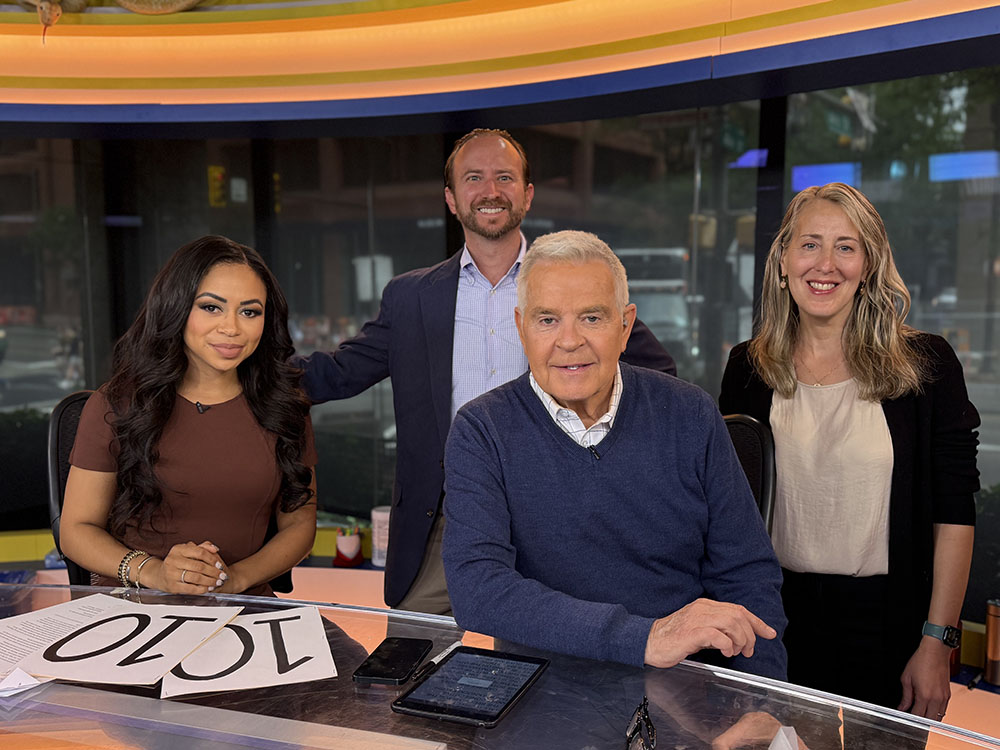Adult ADHD: Diagnosis & Treatment
Schedule an Evaluation for Medication Management of Adult ADHD.
Call Now: 267-358-6155 x 1
Scheduling@RittenhousePA.com
Or Inquire Directly through our Contact Page

Related Resources
Atypical Anorexia Nervosa: Symptoms, Risks, Diagnosis, and Treatment
Atypical anorexia nervosa is a type of restrictive eating disorder classified in the DSM-5 under...
What Is Avoidant Restrictive Food Intake Disorder (ARFID)?
What is Avoidant Restrictive Food Intake Disorder (ARFID) and What Can You Do About It?...
How Emotional Factors Can Affect Cognitive Performance
Neuropsychological testing examines how our brains learn and process information, including attention, memory, processing speed,...
What to Expect in a Child Autism Evaluation
If you’re concerned about your child’s development, you’re not alone. Many parents notice things like...
When to Consider Neuropsychological Testing for ADHD
Attention deficit hyperactivity disorder (ADHD) is a neurodevelopmental disorder characterized by symptoms of inattention and/or...
Couples counseling is a form of psychotherapy designed to help romantic partners improve communication, understand...
Join our Newsletter
Newsletters Updated Quarterly
Download Our Newsletters & PDFs